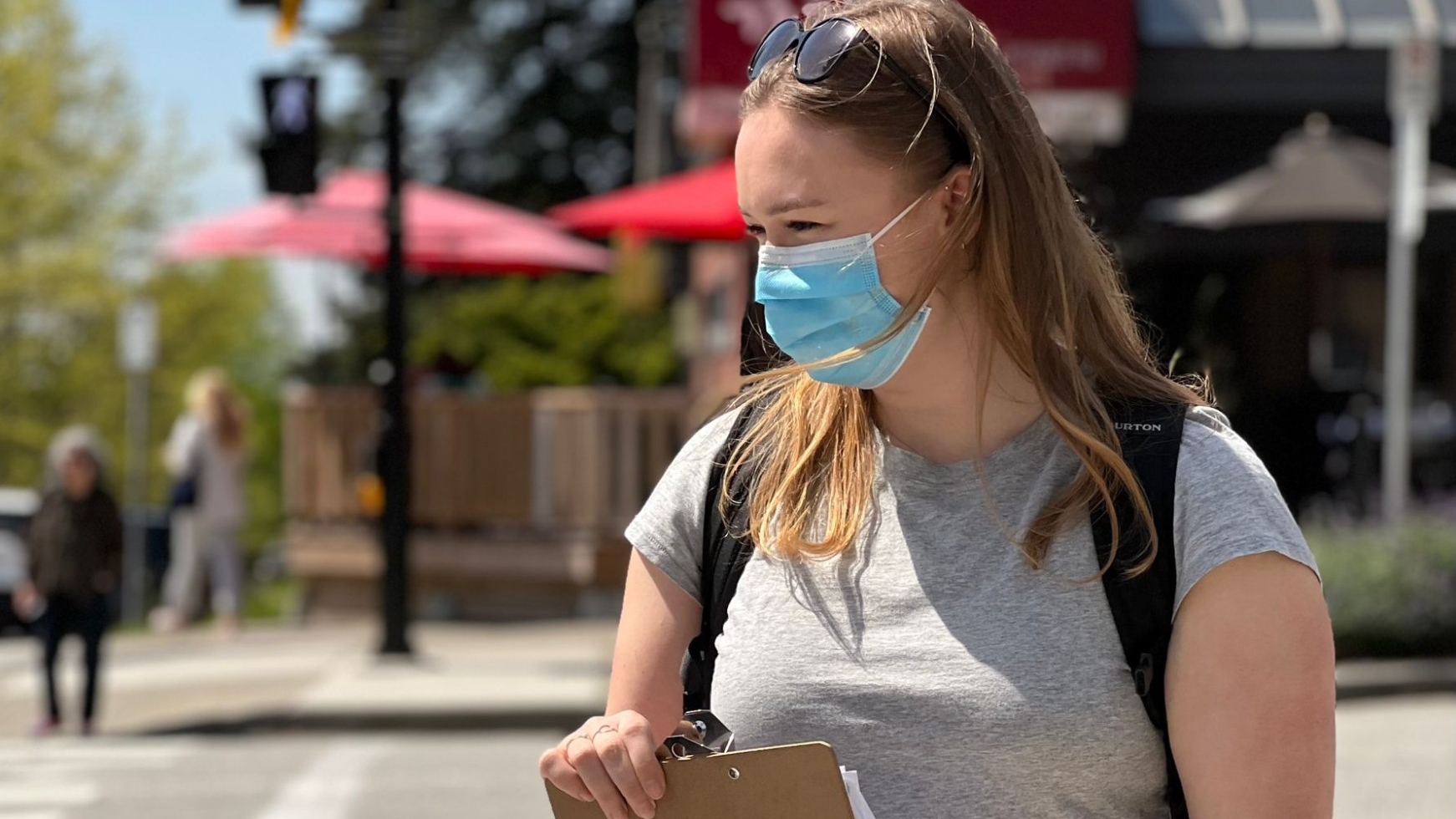Copy

Author
Aislynn Sharrock, B.A. Honours
Aislynn earned a Bachelor of Arts with Honours from the Department of Psychology with a Minor in Gerontology. Her research focus in gerontology centers on comprehending the mental health and overall well-being of older adults living in the community, which she gained insight into from her position in an Adult Day Program.

